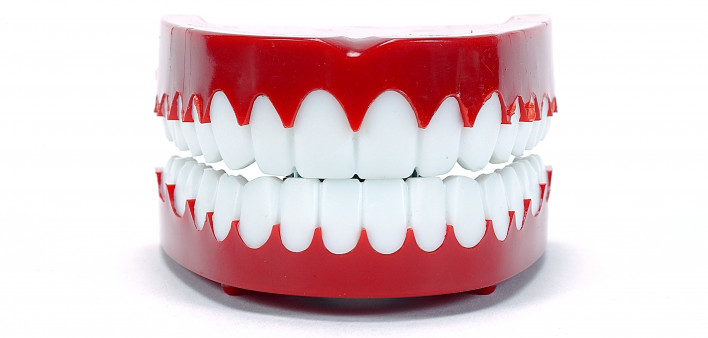There is a relationship between poor oral and mental health among people with HIV who are on antiretroviral (ARV) treatment.
Publishing their findings in BMC Oral Health, researchers conducted a cross-sectional study of 120 HIV-positive people on ARVs recruited at a clinic in Brazil between February 2016 and September 2017. The cohort included 64 males and 56 females. Their ages ranged between 20 and 72 years old and their average age was 45.
The study used what is known as the 36-Item Short Form Health Survey (SF-36) to evaluate the participants’ health-related quality of life. In particular, the investigators examined the participants’ score on the Mental Component Summary (MCS), a section of the SF-36 that focuses on mental health. The MCS is scored from zero to 100, with a lower score indicating greater mental-health-related disability. The investigators assessed dental health using the Decayed, Missing and Filled Teeth (DMFT) index, which yields a score indicating the total number of teeth that correspond with any of those three categories.
The average DMFT score was 12.4. The study authors estimated that for each decrease of 0.25 units in the participants’ MCS score, they had a one-unit increase in their DMFT score. Among the participants with diagnosed depression, there was a decrease of 0.67 units in their MCS score for each one-unit increase in their DMFT score.
Depressed participants, compared with those without depression, had worse oral-health indicators, both in terms of their DFMT index score and average number of missing teeth. The depressed individuals also had lower health-related quality-of-life scores in almost all the domains investigated in the SF-36, such as bodily pain, general health, vitality and social functioning.
People with HIV who have depression, the study authors concluded, deserve particularly close attention to their health-related quality of life and their oral health.
To read the study abstract, click here.







2 Comments
2 Comments